Keywords: Aboriginal Recognition
There are more than 24 results, only the first 24 are displayed here.
Become a subscriber for more search results.
-
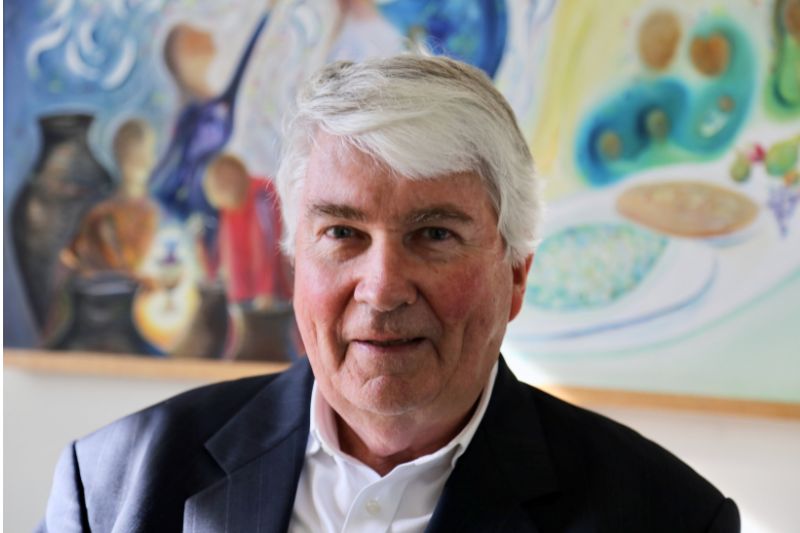
RELIGION
- Jim McDermott
- 13 March 2025
Frank Brennan wears his prominence lightly. A priest, lawyer, and tireless advocate for Indigenous rights and refugees, he is as at home in political corridors as he is at the dinner table, welcoming friends with stories and good cheer. Now, celebrating 50 years as a Jesuit, he reflects on faith, justice, and a life of service.
READ MORE
-

AUSTRALIA
- Barry Gittins
- 30 October 2024
5 Comments
In 1968, Peter Norman won Olympic silver, but his lasting legacy was a stance for justice on the podium alongside Tommie Smith and John Carlos, where he wore an Olympic Project for Human Rights badge in solidarity. Yet his quiet protest led to lifelong exclusion at home, recognition arriving only posthumously.
READ MORE
-
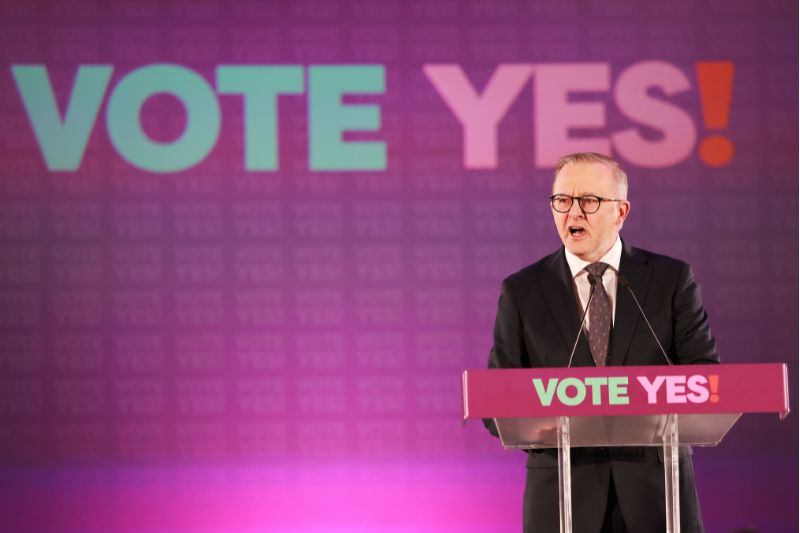
AUSTRALIA
- Michelle Grattan
- 04 October 2024
5 Comments
Almost a year after the Voice proposal was defeated, blame and recrimination are still being thrown around, and the government is still reeling from Albanese’s overreach.
READ MORE
-
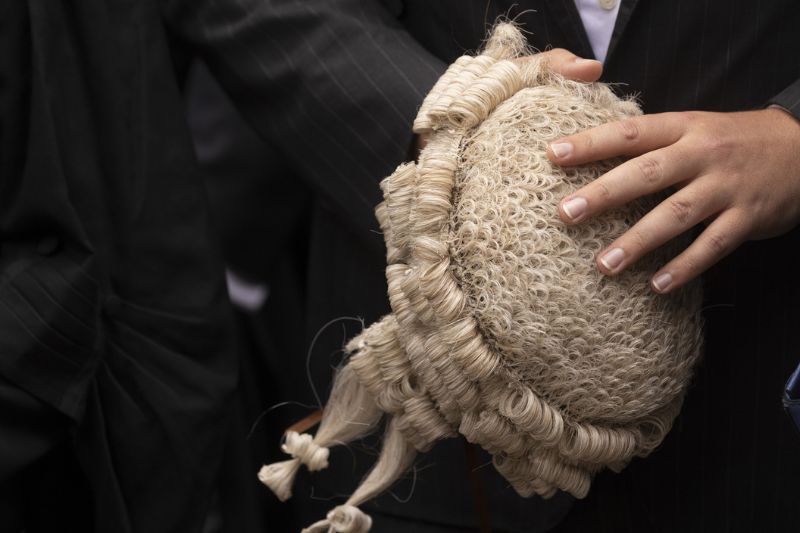
AUSTRALIA
- Frank Brennan
- 20 August 2024
6 Comments
In the aftermath of the failed Voice referendum, questions arise about the legal profession’s role in public discourse. Was this a missed opportunity for legal experts to provide critical analysis and guidance on such a significant constitutional matter?
READ MORE
-
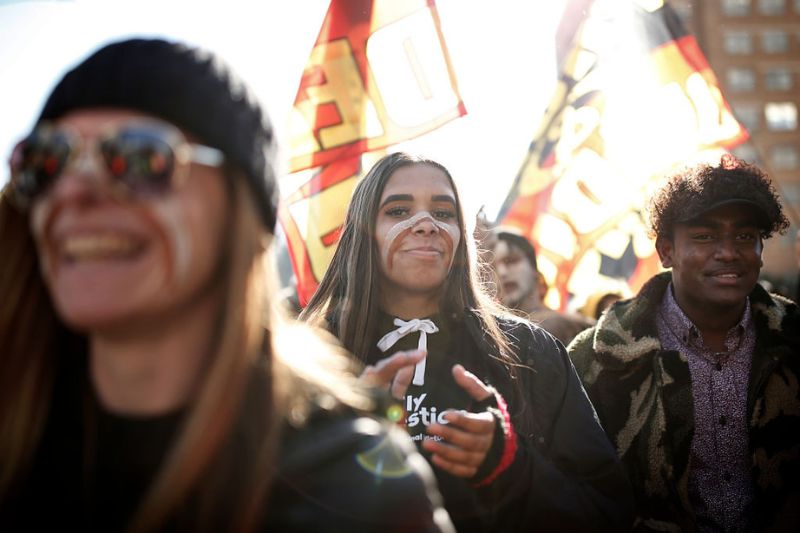
AUSTRALIA
- Andrew Hamilton
- 08 July 2024
1 Comment
A failed referendum leaves many Indigenous Australians feeling unheard, but hope remains. This year's NAIDOC Week takes on even greater significance. This celebration, born from a desire for recognition, is a time to reflect on how to build a more just Australia.
READ MORE
-
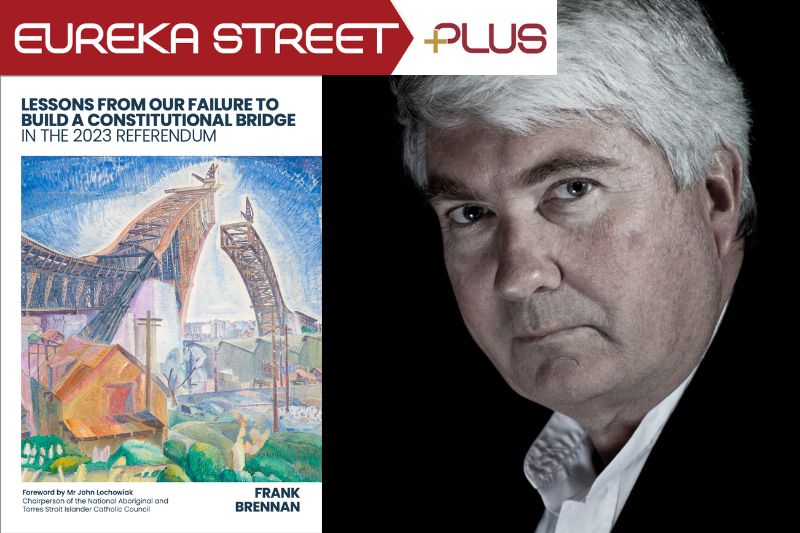
AUSTRALIA
- David Halliday
- 28 June 2024
13 Comments
It's been eight months since the Voice referendum, and people are starting to grapple with what its defeat means for Australia. There are few voices in Australia as qualified to conduct a postmortem of the outcome of the Voice referendum campaign as Frank Brennan. We examine what lessons can be learned and crucually, whether there’s reason for hope for Indigenous constitutional recognition.
READ MORE
-
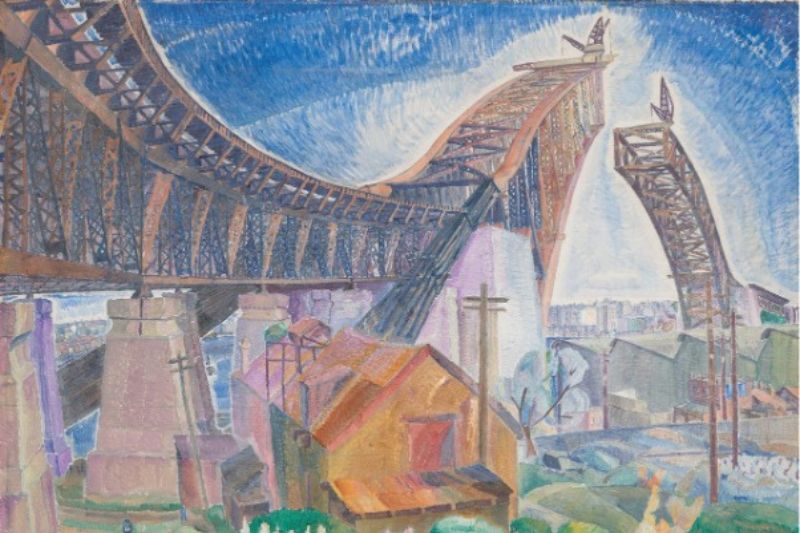
AUSTRALIA
- Frank Brennan
- 27 May 2024
8 Comments
Following the failure of the Voice referendum, many believed that the path to constitutional recognition is closed for Indigenous Australians. But they may be wrong.
READ MORE
-

AUSTRALIA
- Andrew Hamilton
- 27 March 2024
Love is a much-used word, and, like domestic cutlery, it tends to lose its shine. Its boundaries then shrink to the average rather than to the inspiring. For that reason we need stories that stretch the ceiling of love beyond anything we could imagine. Not because we think that we could reach such far places, but because it enlarges the horizon of our lives.
READ MORE
-

AUSTRALIA
- Andrew Hamilton
- 19 March 2024
Recognition is not simply an acceptance of facts. It involves also entering the experience of the people affected. Reconciliation must begin with truth telling, flow into empathy, and be followed by a conversation aimed at building decent relationships.
READ MORE
-
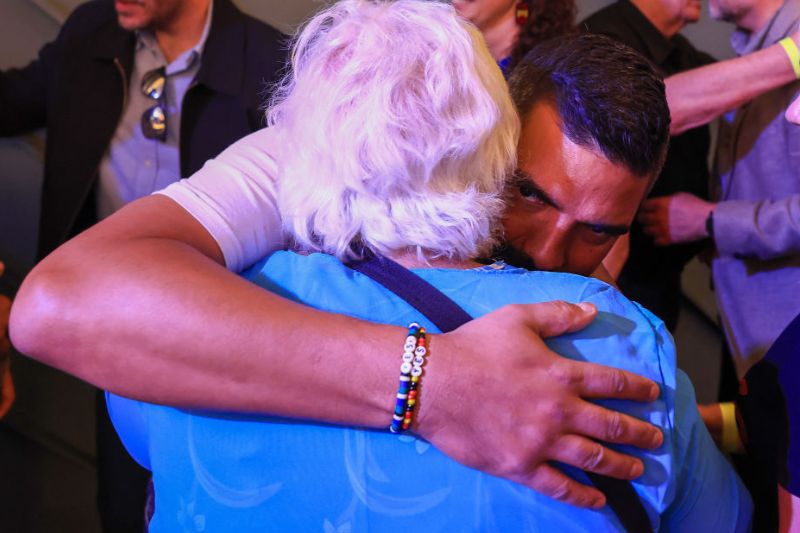
AUSTRALIA
- Brian McCoy
- 14 February 2024
1 Comment
Months after the referendum, can we allow this referendum to die while preserving the essence of its vision and optimism? This is akin to our response to the loss of a loved one — we hold onto their memory, reluctant to let go. How do we keep the deeply treasured aspirations of the referendum journey alive while facing the reality of its death?
READ MORE
-
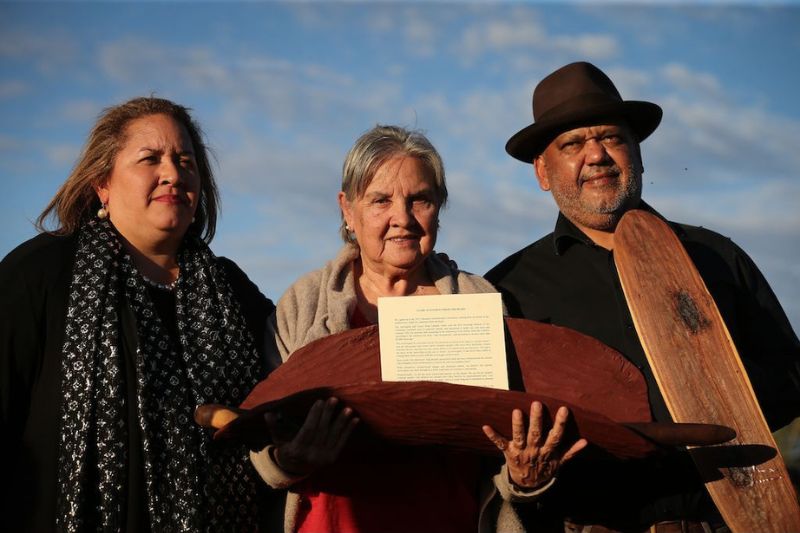
AUSTRALIA
- Frank Brennan
- 07 February 2024
12 Comments
The referendum result was a disaster for the country and a tragedy for First Australians and there has been little appetite for public discussion about lessons to be learnt from this abject failure. If we are to move forward, it’s time to begin the conversation about past mistakes.
READ MORE
-
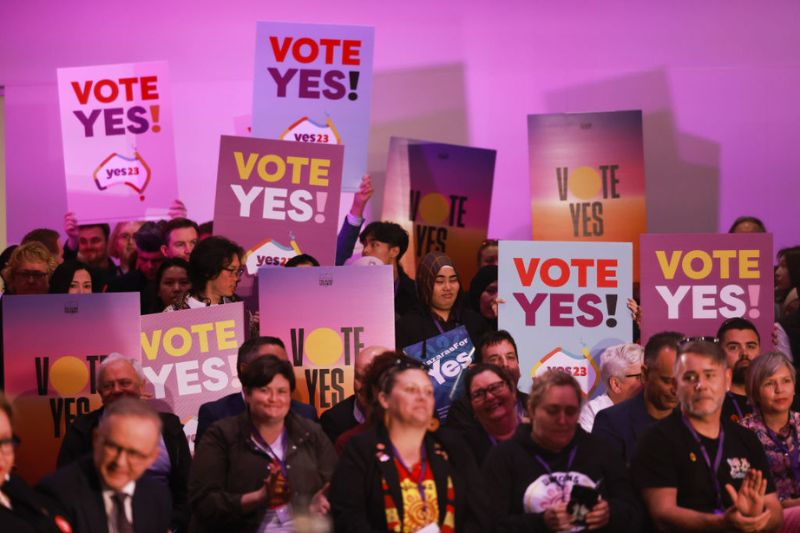
AUSTRALIA
- Frank Brennan
- 04 January 2024
As Australia approaches a pivotal referendum, voters face a critical choice: endorse a new chapter in the Constitution providing a 'First Nations Voice' or leave it untouched. Whichever way the vote goes, we will be left with a Constitution not fit for purpose in the 21st century.
READ MORE